 Web Content Viewer
Web Content Viewer
 buscador
buscador
 Web Content Viewer
Web Content Viewer
Our ambition
Sep 2, 2025

Global Biodiversity Framework (GBF)
Ecopetrol maintains alignment with the Colombian government's objectives, which define goals, processes, and establish actions for the conservation of biodiversity in the country and to address climate change. First, through the adoption of the Kunming-Montreal Global Biodiversity Framework in 2022, which sets forth four objectives and 23 targets. For more information click here.
National Biodiversity Action Plan (NBSAP)
Then, with the National Biodiversity Plan NBSAPs to 2030 (by its acronym in English) released at COP16, held in Cali - Colombia, which proposes the thematic alignment of the 23 Goals of the Kunming-Montreal Global Framework, with 4 strategic bets that correspond to the national interpretation of these goals based on the approaches of the National Policy on Biodiversity and Ecosystem Services, and the understanding of the causes and implications of the biodiversity crisis in Colombia. For more information click here
Biodiversity and Business Roadmap
In line with the commitments of the Global Biodiversity Framework, the Biodiversity and Business Roadmap is a strategic guide designed by and for the Colombian business sector. Led by ANDI through the National Center for Water and Biodiversity, this roadmap offers practical guidelines and tools for companies of all sizes to integrate biodiversity into their business models, advance toward meeting Target 15 of the Global Biodiversity Framework, and contribute to the transition toward a nature-positive economy. Ecopetrol actively participated in its construction, contributing its experience, vision, and commitment to sustainability. This roadmap strengthens business decision-making based on maturity assessments, management plans, dual materiality analyses, and transformative actions, enabling progress toward a future in which biodiversity is recognized as a strategic pillar of business development.
General Objective
- Integrating biodiversity into the business model of Colombian companies.
- Align business sector actions with the GBF.
Key strategies
- Business maturity level diagnosis in Biodiversity
- Steps for integrating biodiversity into business
- Facilitating environment
- Capacity building
- Business collaboration
GBF goals most relevant to companies
- Target 5: Sustainable trade in wildlife.
- Target 6: 50% reduction in the introduction of invasive species
- Target 8: Minimizing the impact of climate change on biodiversity.
- Target 15: Monitoring and evaluation of impacts on biodiversity.
- Target 16: Promoting sustainable consumption options.
- Target 18: Phasing out harmful incentives for biodiversity.
- Target 21: Ensure access to information for strategic decisions.
For more information click here
The strategic pillar of biodiversity and ecosystem services
Ecopetrol recognizes the need to identify and manage dependencies and potential impacts on biodiversity and ecosystem services, as well as the importance of generating actions for their conservation, in line with United Nations Sustainable Development Goals (SDGs): 1, 6, 8, 12, 13, 15 and 17.
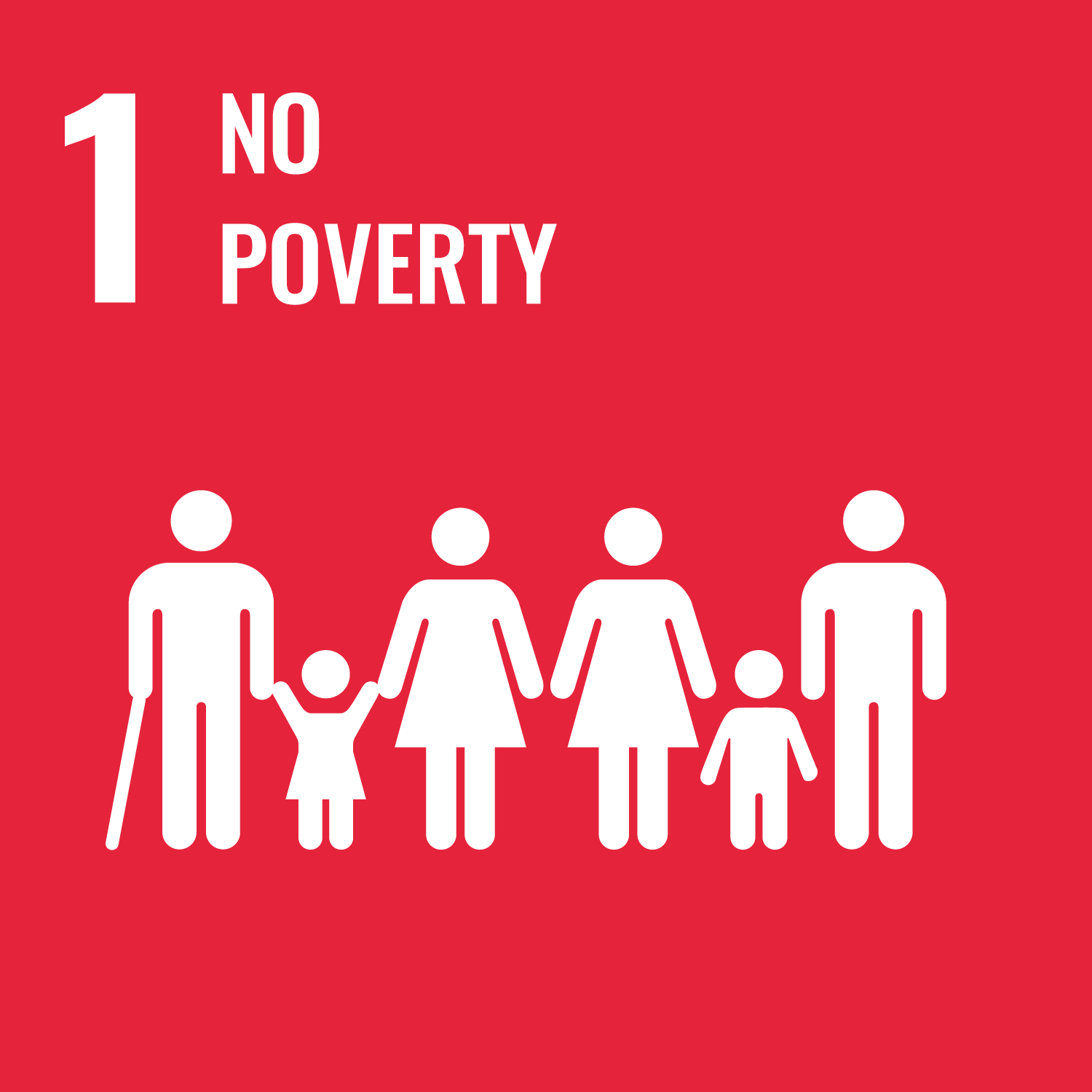
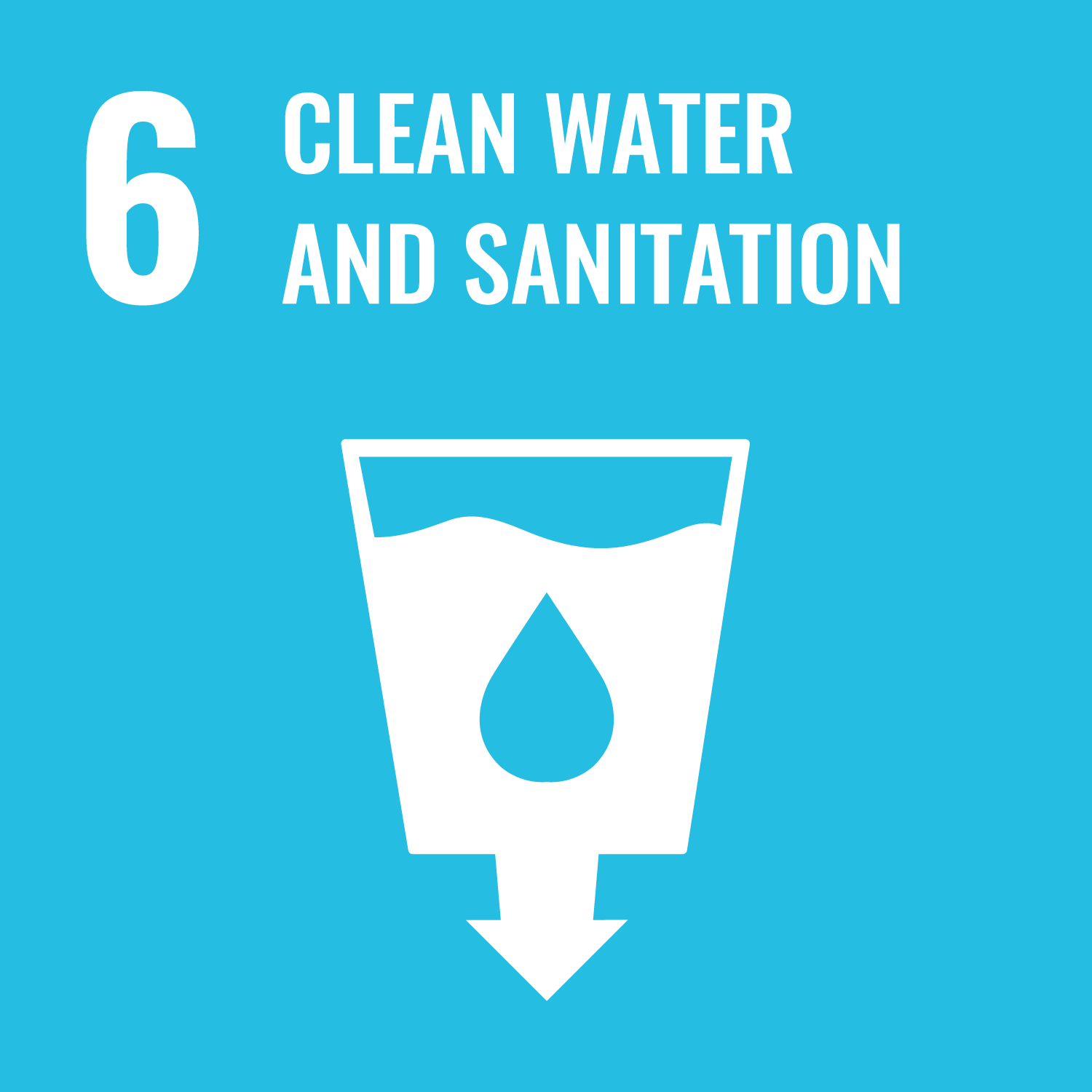
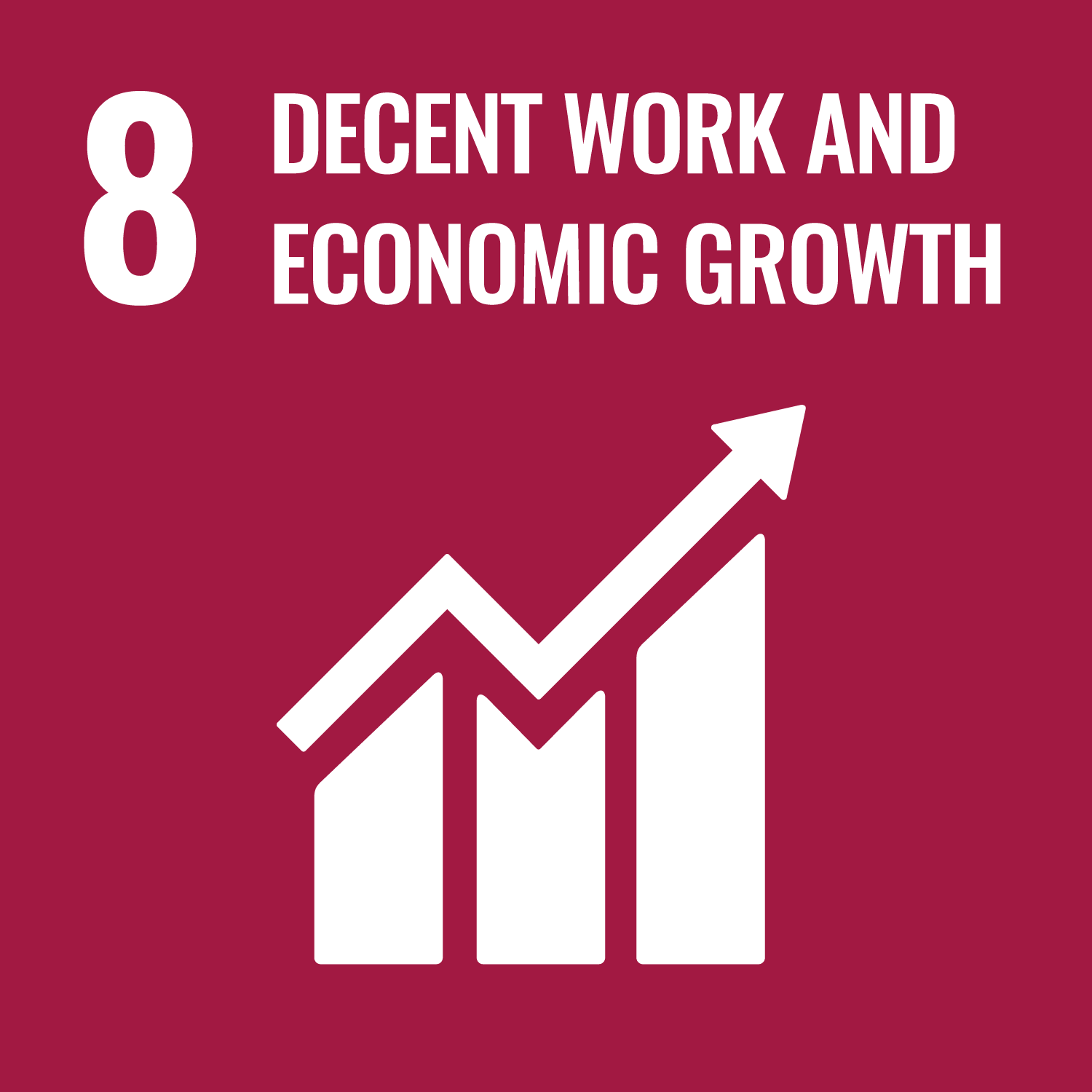
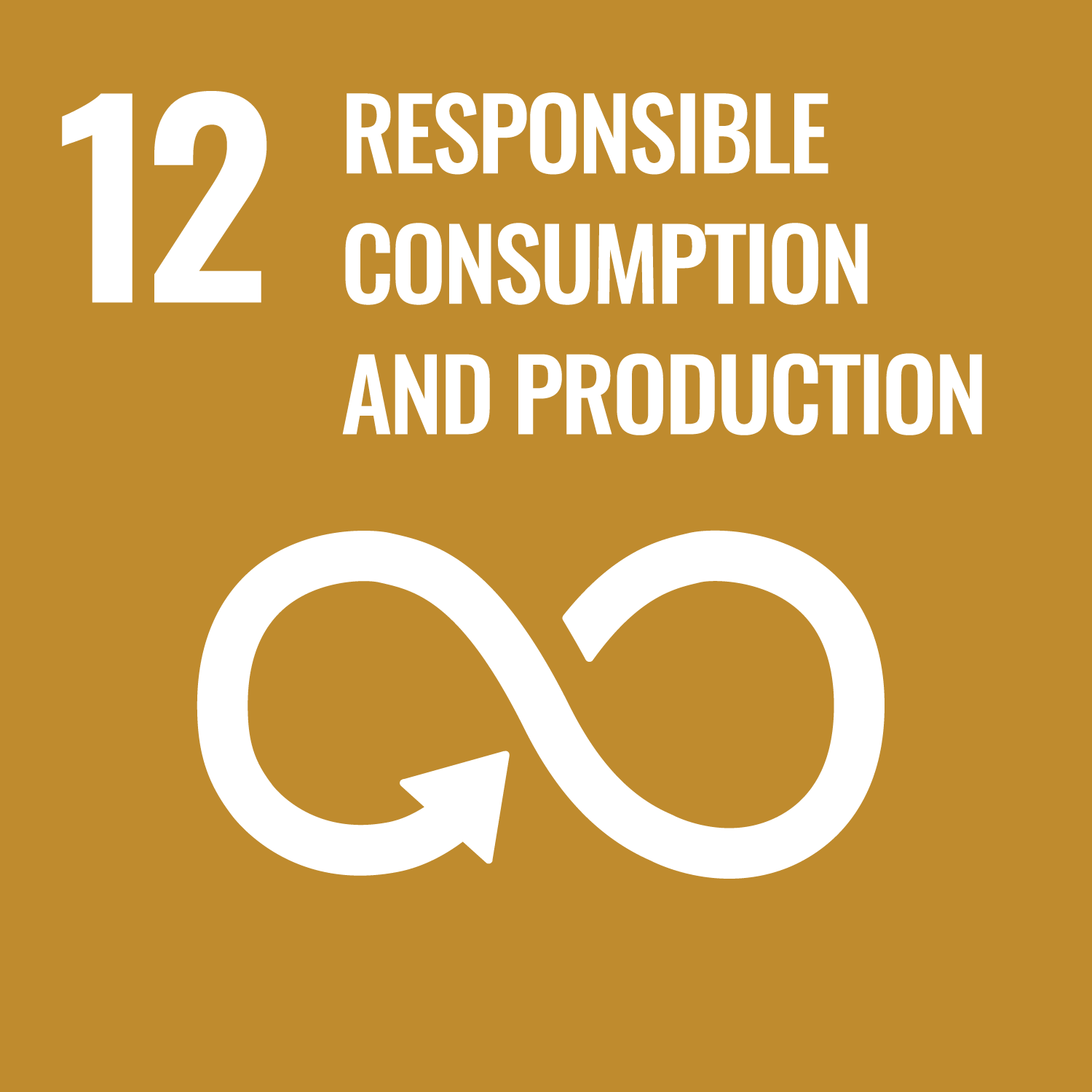
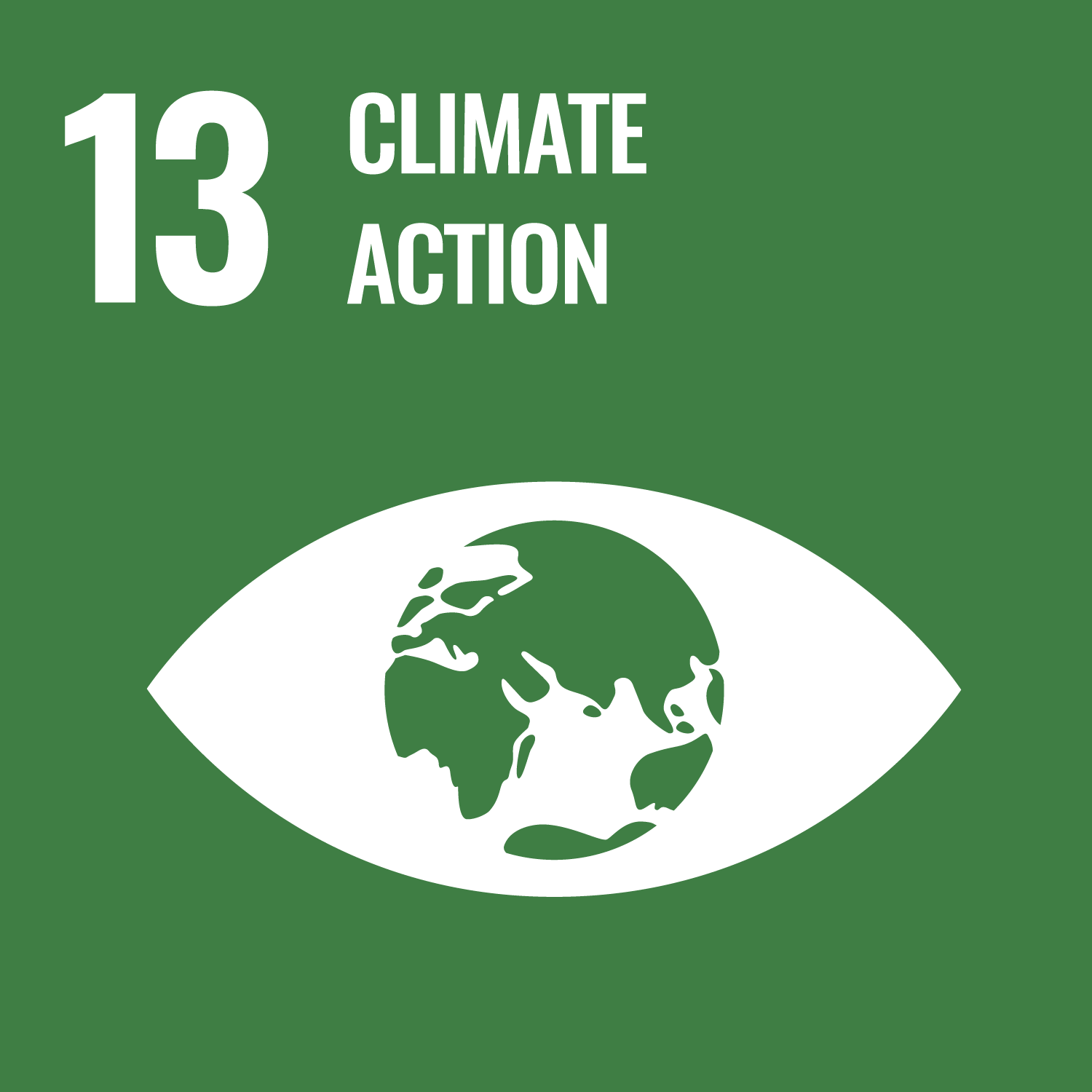
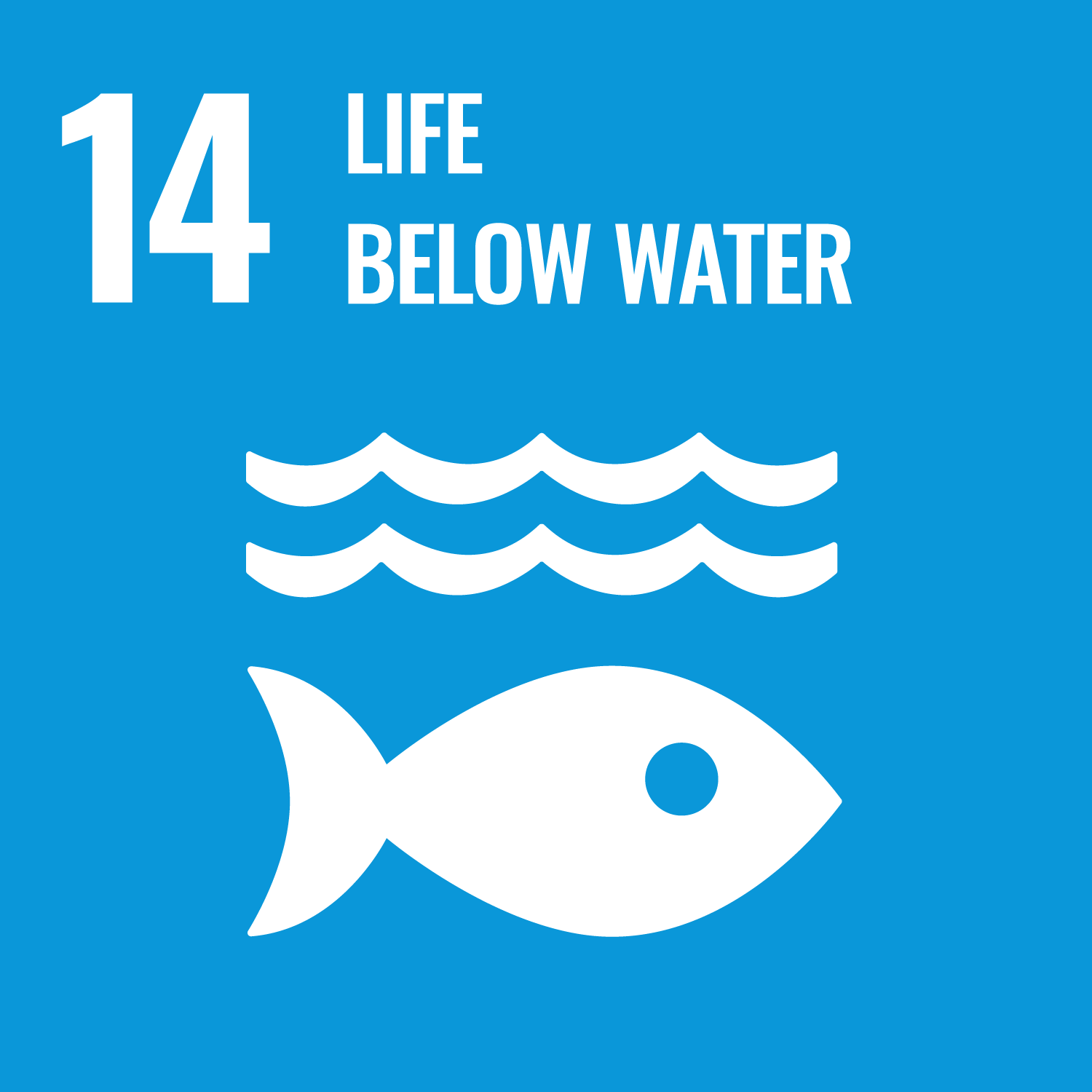
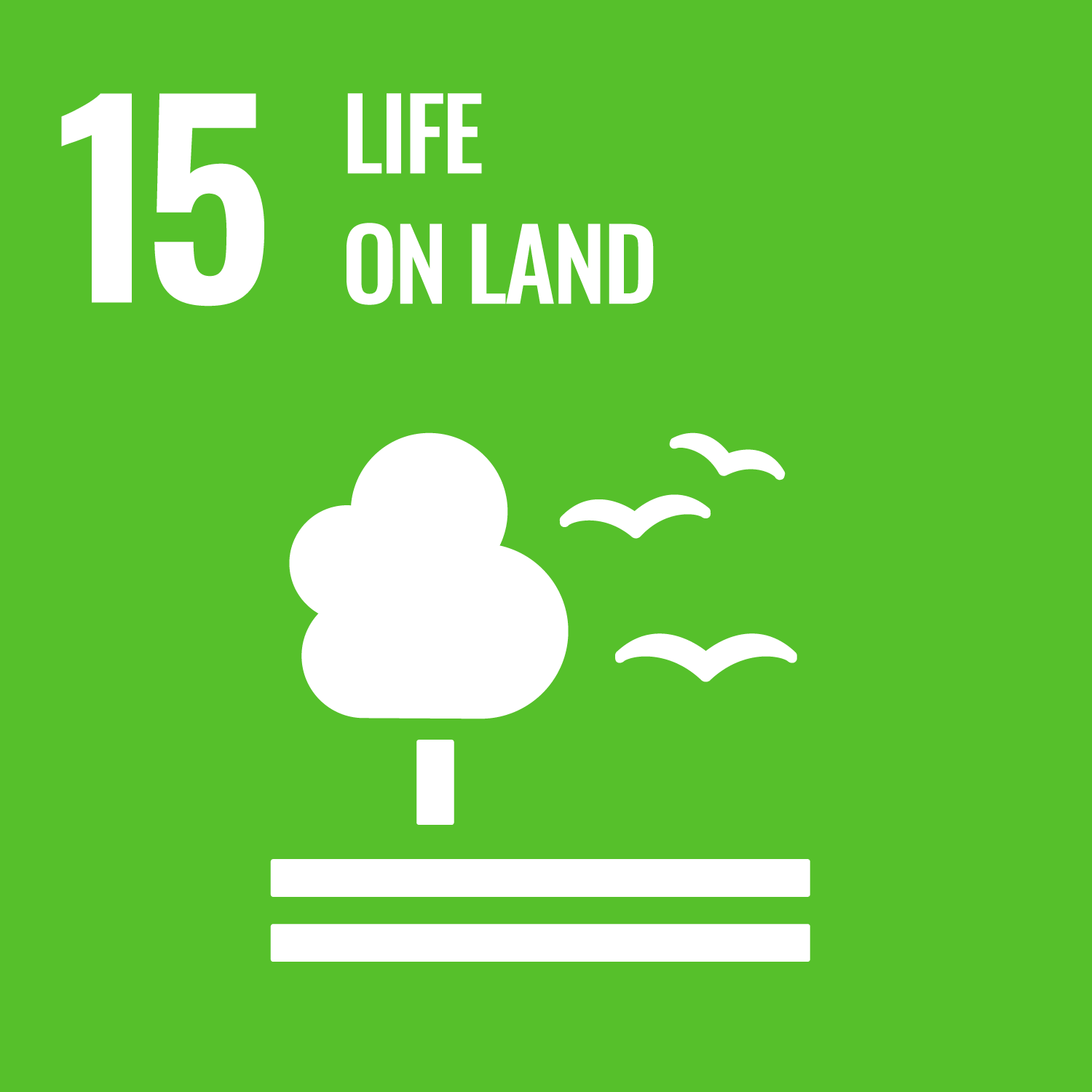
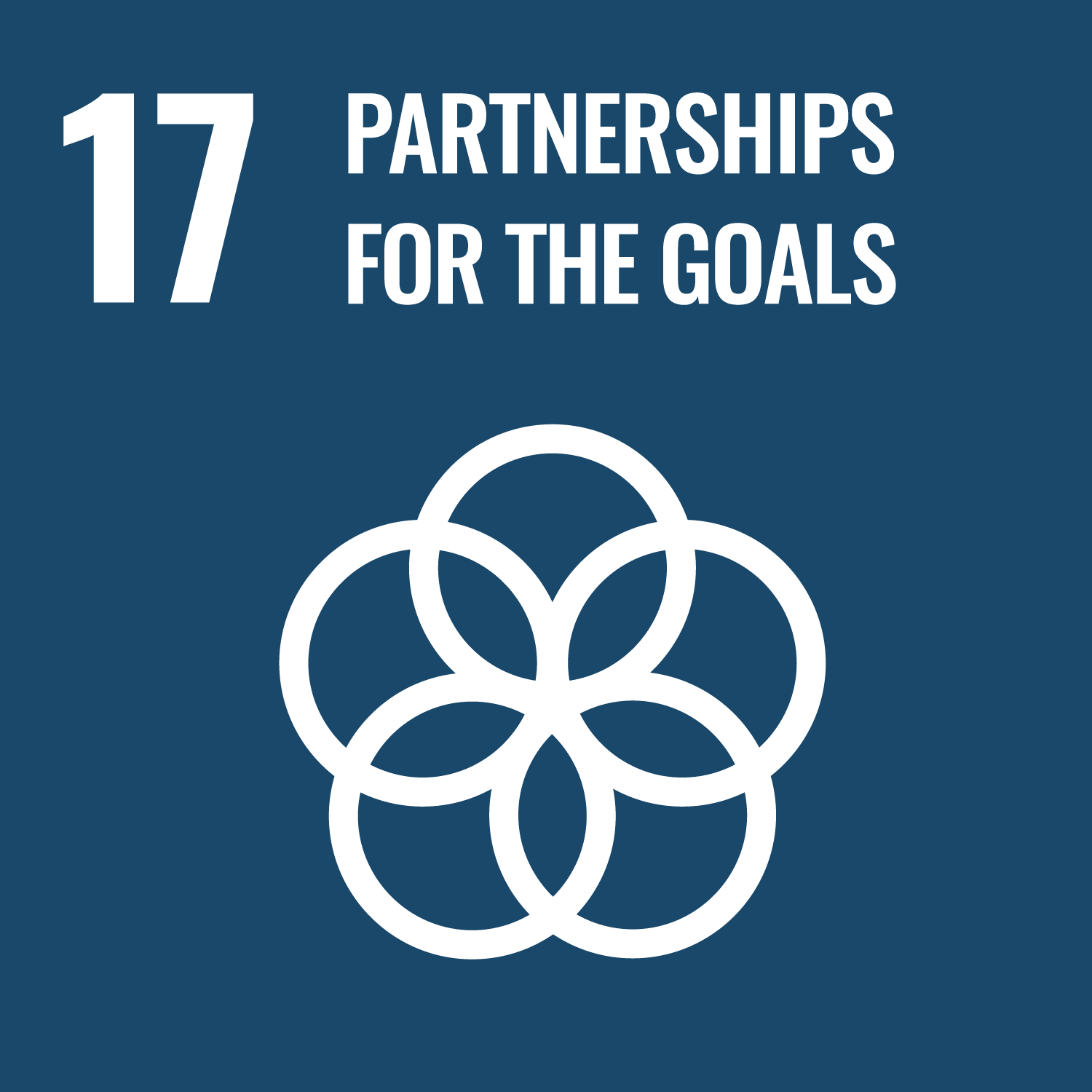
Regarding the goals of the Kunming-Montreal Global Framework, Ecopetrol aligns with goals 5, 6, 8, 15, 16, 18, and 21.
(infographic)
This strategic pillar has four axes: Mitigation Hierarchy, Nature-based Solutions (NbS), Knowledge Generation, and Biodiversity Culture.
And the strategic options of the approved Biodiversity and Ecosystem Services Roadmap are:
- Information on biodiversity and ecosystem services
- Impact and dependency management
- Positive contributions to nature
- Risk management

Context about biodiversity and ecosistemic services
What is biodiversity?
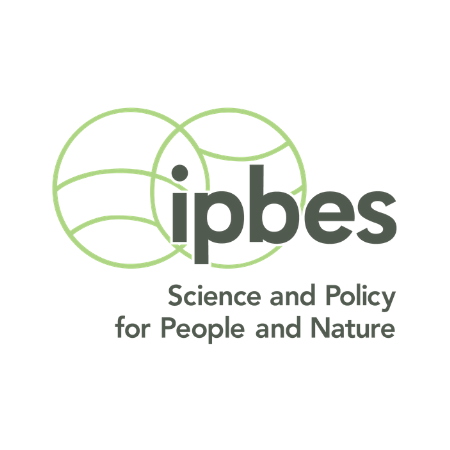 In the 21st century, one of the terms that has gained increasing relevance in the scientific world is biodiversity. According to IPBES - the Intergovernmental Science-Policy Platform on Biodiversity and Ecosystem Services, it refers to the variety of life forms at the genetic, ecosystem, and even planetary levels. From microorganisms and fungi to plants and animals, all are relevant to the stability of ecosystems and the prosperity of all the communities surrounding them.
In the 21st century, one of the terms that has gained increasing relevance in the scientific world is biodiversity. According to IPBES - the Intergovernmental Science-Policy Platform on Biodiversity and Ecosystem Services, it refers to the variety of life forms at the genetic, ecosystem, and even planetary levels. From microorganisms and fungi to plants and animals, all are relevant to the stability of ecosystems and the prosperity of all the communities surrounding them.
What are Ecosystem Services?
Biodiversity represents the Earth's lifeblood by enabling a large number of services for the human species, known as ecosystem services. These services are relevant to food security, natural resource use, drinking water extraction, and many more. According to the guidelines of the Millennium Ecosystem Assessment , an international effort by the United Nations to identify the impact of human actions on nature, these services are generally classified into four categories: provisioning services, such as water and natural gas; regulating services, such as pollination and carbon storage; cultural services such as recreation, mental and physical health; and finally, supporting services such as the water cycle and erosion control. The continuity and stability of these services is important to Ecopetrol within the framework of our Biodiversity strategy.
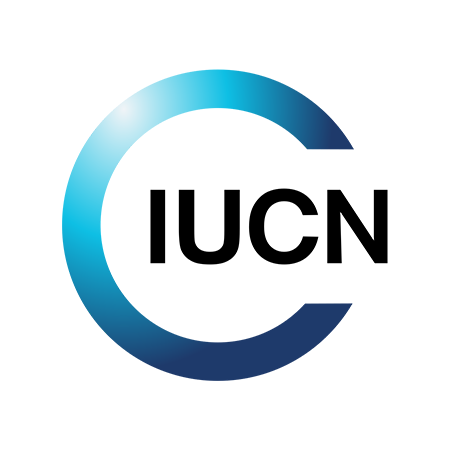 Colombian biodiversity in a global context
Colombian biodiversity in a global context
“Colombia is a country blessed with natural resources, its diversity, its geographic beauty, and the diversity of its ecosystems.” Ministry of Science, Technology, and Innovation of Colombia, 2016.
At a global level, as ratified by the Convention on Biological Diversity (CBD ) , our country holds a privileged position in terms of biodiversity, being one of the few designated as megadiverse.
With more than 79,000 species registered in the Colombian Biodiversity Information System (SIB) and more than 49 million hectares protected according to the National Registry of Protected Areas (RUNAP), equivalent to 42% of the national territory, Colombia ranks first in the world in bird, orchid, and butterfly diversity, and second in amphibian, freshwater fish, palm, and bat diversity.

Most biodiverse countries in the world. Adapted from: https://cifras.biodiversidad.co/
Below, we present some of the most important figures regarding Colombian biodiversity, which were consolidated based on taxonomic reclassifications and reports from the Instituto Alexander Von Humboldt, a leading Colombian research facility.

Relevant figures in the context of biodiversity at the international level. Adapted from: https://cifras.biodiversidad.co/

Species of vertebrate animals registered through SIB Colombia. Reference source: https://cifras.biodiversidad.co/

Species of invertebrate animals registered through SIB Colombia. Reference source: https://cifras.biodiversidad.co/

Flora species recorded through the SIB Colombia. Reference source: https://cifras.biodiversidad.co/
Roadmap to 2030
During the first quarter of 2025, the Strategic Committee approved the definition and update of 9 out of the 14 roadmaps related to ESG (Environmental, Social, and Governance) material elements. Among the approved roadmaps are those for Biodiversity and Ecosystem Services and Sustainable Procurement, which share key topics such as Net Zero Deforestation.
Ecopetrol's Biodiversity and Ecosystem Services Roadmap, approved in April 2025, outlines an ambitious long-term vision that seeks to generate a positive and measurable environmental impact. By 2030, the company aims to manage its new projects with the goal of achieving a Net Positive Impact on biodiversity, prioritizing the conservation, restoration, and sustainable use of ecosystems. By 2040, this ambition will deepen with a commitment to generating measurable and verifiable positive contributions to nature, reflecting a comprehensive strategy aligned with 14 material elements that strengthen the sustainability of its operations.
In 2025, Ecopetrol updated its Biodiversity and Ecosystem Services Roadmap, reaffirming its commitment to nature conservation and environmental sustainability. This update is aligned with the United Nations Sustainable Development Goals and responds to the dual materiality analysis conducted in 2023, which identified biodiversity as a strategic pillar for the company. The renewed roadmap incorporates ambitious goals, including achieving the designation of 30 Ecoreserves by 2030, 12 million trees planted, supported, and/or managed, 400,000 hectares under conservation/restoration, 3 Mt CO2e/year, and continuing the conservation of 15 wild species.
The company also aims to move toward net-zero deforestation in its direct operations and supply chain, and to promote Nature-based Solutions to mitigate climate change.
The roadmap also emphasizes the implementation of the mitigation hierarchy, the generation of knowledge, and the promotion of a biodiversity culture, thus consolidating comprehensive and adaptive ecosystem management in the territories where Ecopetrol operates.
Our commitment implies:
- Do not operate in protected areas classified as categories I to IV by the International Union for Conservation of Nature (IUCN).
- Do not carry out activities in World Heritage areas declared by the United Nations Educational, Scientific and Cultural Organization (UNESCO).
- Systematically implement the mitigation hierarchy to manage risks in the company's direct operations.
- Prevent the transformation of natural ecosystems in new projects and operations, to the extent technically and economically feasible.
- Advance Net Zero Deforestation in direct operations and supply chain.
- Make contributions toward positive biodiversity through voluntary ecosystem conservation or restoration actions.
Our goals and achievements 2023
Currently, and thanks to the efforts undertaken in 2024, Ecopetrol is 67% complete with its Biodiversity and Ecosystem Services goals for 2030.
| Milestones | Goals | Achievements | ||||||
|
2030
Goal
(Former)
|
2030
Goal
(Current)
|
Execution
2024
|
Accumulated
2024
|
Goal progress 2030(Former)* |
Goal progress 2030(Current) |
|||
|
Delivery, support and/or planting of trees (cumulative number Business Group)click here
|
12.000.000
|
12.000.000
|
1.131.915
|
8.855.669
|
73,8%
|
73,8%
|
||
|
Ecoreserves designated on company-owned land (accumulated by Grupo Empresarial))click here
|
50
|
30
|
0 |
20
|
40%
|
66,6%
|
||
|
Hectares conserved and/or under restoration by voluntary/compulsory actions (maintain/new) in the year
|
30.000
|
400.000
|
106.320 | 290.397 |
968%%
|
72.6%
|
||
|
Maintain 15 wild species conserved in 3 landscapes (Middle Magdalena Valley, Eastern Plains and Putumayo).)click here
|
15
|
15
|
17
|
15 |
100%
|
100%
|
||
|
Million tons of CO2/year through CNS projects (Capture or reduction).
|
2 to 4 M
|
3 M
|
657.084 | 657.084 |
32.8%
|
21.9%
|
||
|
|
|
|
|
Total
|
242,9%
|
67,7%
|
||
|
* In coordination with the Vice Presidency of Administration and Services (Supply), it is expected that by 2030 there will be a public commitment to Net Zero Deforestation for 100% of prioritized allies and by 2035, the management of impacts and dependencies on natural capital will be carried out in prioritized categories. |
||||||||
Additionally, in 2024 we achieved:
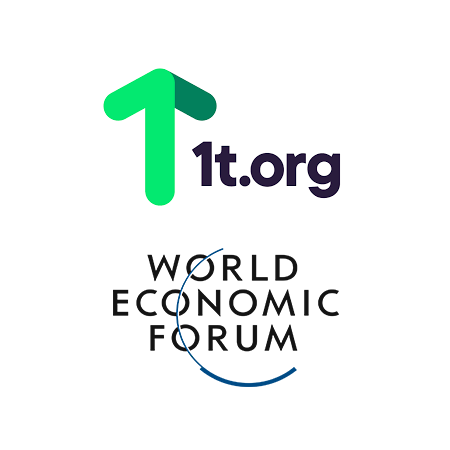
- In 2021, the Ecopetrol Group joined the United Nations' 1t.org initiative on Ecosystem Restoration. In 2024, the third report was generated as part of the 2030 goals, related to the protection of 400,000 hectares of strategic ecosystems, the planting of 12 million trees, and progress in carbon capture through Natural Climate Solutions. More information can be found here.
- Tracking Dashboard

- In 2021 we joined as a member of the Nature-related Financial Disclosures (TNFD) Group to contribute to the development of a framework for reporting risks and opportunities associated with natural capital. We led the Energy Sector 6 group to support the construction of the Energy sector guide, the definition of metrics and indicators, among others.
-
In 2023, we conducted two pilots of the LEAP (Locate, Assess, Analyze, Prepare) methodology. The first pilot focused on the Yariguí Cantagallo field, while the second pilot was associated with the geographic core of the Middle Magdalena Valley with the socio-ecological resilience tool. For more information:click here
-
Ecopetrol demonstrates its commitment to transparency and sustainable environmental management by joining the group of Early Adopters of this framework worldwide. Thus, the company will generate its first TNFD report with results for the year 2024. Learn more about the "Early Adopters" here: TNFD Early Adopters · TNFD.

- Publication in the Colombian Biodiversity Information System (SIB): Ecopetrol ranks second in the list of records and among the four companies with the highest number of citations, with a total of 763,107 biological records, 370 citations, and 145 datasets (information reviewed through March 2025). For more information, see here.
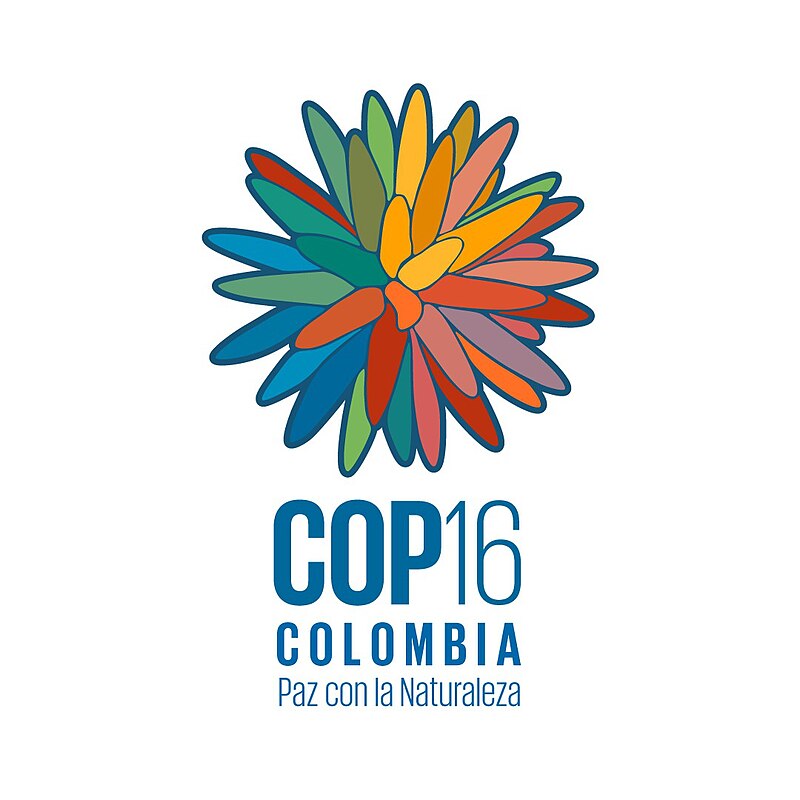
-
We participated in the recent COP16 of the Convention on Biological Diversity, with an active presence in the Green and Blue Zones, totaling 33 spaces as organizers and panelists, 25 in the Green Zone, one field visit, and seven in the Blue Zone. The topics addressed in these participations allowed us to share Ecopetrol's progress in biodiversity conservation, which is the result of its Natural Climate Solutions portfolio, with presentations on: CO2 Wetlands, the Platform for Nature-Based Solutions, the Essential Fibers and Territory, the Wildlife Project (PVS), and compliance with environmental offset obligations, among others.
For more information: click here
Awards and Recognitions
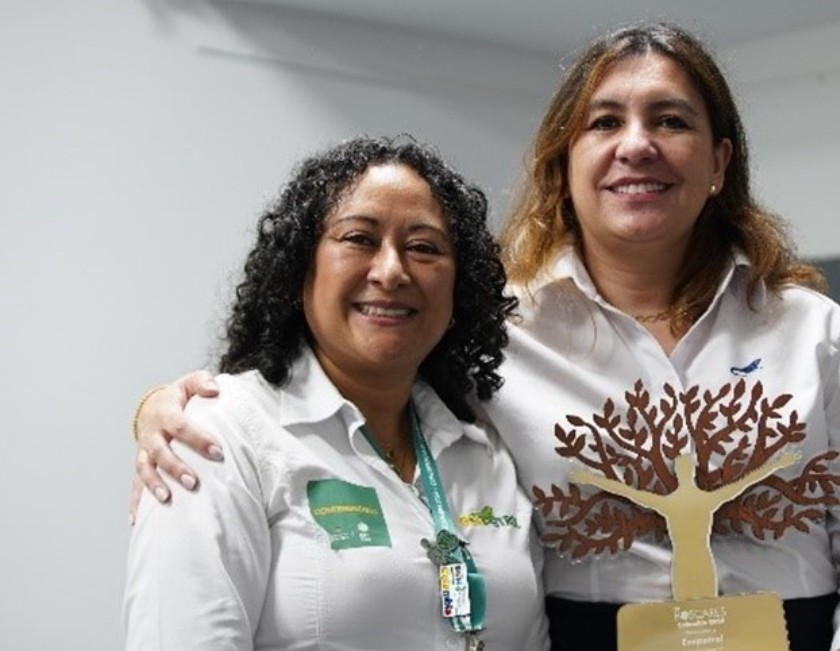 Among these meetings, the "BOSCAR" recognition, awarded by the NGO Reforestamos México to the Vida Silvestre Project in partnership with WCS (Wildlife Conservation Society) and Fondo Acción, stands out, as well as the launch of the second edition of the "PVS Logbook," in its Spanish and English versions.
Among these meetings, the "BOSCAR" recognition, awarded by the NGO Reforestamos México to the Vida Silvestre Project in partnership with WCS (Wildlife Conservation Society) and Fondo Acción, stands out, as well as the launch of the second edition of the "PVS Logbook," in its Spanish and English versions.
For more information: click here
 In 2023, in conjunction with the Vice Presidency of Supply and Services, the Annex of Environmental Sustainability Guidelines for the Supply process associated with the themes of Decarbonization, Materials and Waste, Water Neutrality and Natural Capital (Biodiversity - DNC: Zero Net Deforestation) was designed and published.
In 2023, in conjunction with the Vice Presidency of Supply and Services, the Annex of Environmental Sustainability Guidelines for the Supply process associated with the themes of Decarbonization, Materials and Waste, Water Neutrality and Natural Capital (Biodiversity - DNC: Zero Net Deforestation) was designed and published.
 138 species recorded in the “Global Big Day” world bird count.
138 species recorded in the “Global Big Day” world bird count.
 Recognition from the Ministry of Environment and Sustainable Development of Ecopetrol as the first "Green Anchor" company in the country's supply chain, for its key role in the green economy.
Recognition from the Ministry of Environment and Sustainable Development of Ecopetrol as the first "Green Anchor" company in the country's supply chain, for its key role in the green economy.
Nature-Based Solutions (NBS):
7 projects are being implemented with strategic partners: 2 NBS projects: Fibras and TNC-Bioeconomía, and 5 SNC projects: Fondo Acción-Carbono Azul y Verde and Proyecto Vida Silvestre, ISA-Conexión Jaguar, Fundación Natura-CO2 Humedales, and Fundación Cataruben-Carbono del Orinoco. These SNC projects have a capture potential of more than 1 million tCO2/year in different key ecosystems in the country. The cumulative potential of these projects, considering their useful life, is more than 15 million tCO2 . For more information Strategic Parners section.

Metrics / Indicators
Ecopetrol systematically monitors its performance in biodiversity and ecosystem services through quantifiable and verifiable indicators that are included in the Integrated Management Reports each year (link).
Third Party Verification
Ecopetrol's biodiversity management is reported in accordance with international standards such as GRI (304), DJSI, SASB, 20F, 1t.org, CDP, IFC and is subject to external audit to ensure its transparency and reliability. Within the framework of the TNFD (Taskforce on Nature-related Financial Disclosures), Ecopetrol is moving towards the publication of its first report under this standard in 2025, strengthening the traceability and accountability of its impacts and dependencies on nature.
Direct Operation
Ecopetrol integrates biodiversity into its project planning, applying the mitigation hierarchy (avoid, minimize, restore, compensate). The company prioritizes operating in transformed areas, excluding areas of high biodiversity value, such as World Heritage sites or IUCN categories I-IV.
Compliance with Standards
Ecopetrol complies with national and international environmental legal requirements, including the 1% obligation for environmental investment, and is aligned with the Global Biodiversity Framework (GBF), Colombia's National Biodiversity Assessment (NBSAP), and guidelines from organizations such as ANLA, IDEAM, and the Humboldt Institute. It actively participates in initiatives such as IPIECA, WWF, and 1t.org, in addition to contributing to public policymaking with regulatory proposals to improve the implementation of environmental offsets.
Contribution to Global and National Goals
Ecopetrol actively contributes to meeting the global targets of the Global Biodiversity Framework (GBF) and national strategies such as the NBSAP (Biodiversity Action Plans), through conservation actions, ecological restoration, and nature-based solutions. This is in line with the Sustainable Development Goals, especially those related to the protection of terrestrial ecosystems and climate action.
Leading the implementation of projects such as Orinoco Carbon and CO2 Wetlands, which contribute to climate change mitigation, carbon capture, and the resilience of strategic ecosystems. Ecopetrol also participates in international initiatives such as One Trillion Trees (1t.org) and the TNFD (Nature-related Financial Disclosures), consolidating its role as a key player in the transition toward a greener, low-carbon economy.
. . .